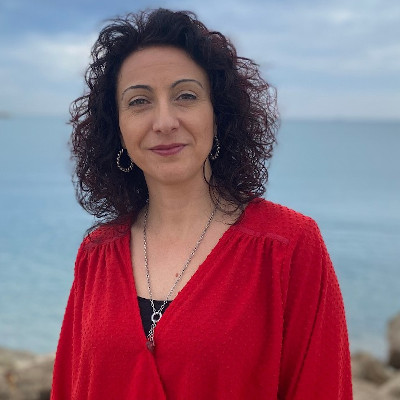Tell me how old you are and I’ll tell you how to help you: emotional competencies throughout the developmental cycle.

Emotional competencies are at the basis of psychological and emotional adjustment throughout our lives. Studies show the importance of the development of these competences to face the challenges we encounter at each evolutionary stage. The role of emotional competencies at each stage is addressed: perinatal, infancy, childhood, adolescence and emerging adulthood.
The objective of this symposium is to identify the impact of emotional competencies according to these evolutionary stages.
In the perinatal stage, families play a fundamental role in the development of emotional competencies. The benefit of developing competencies as a protective factor for mental health is highlighted.
During childhood, more complex emotional competences are developed. The most relevant competencies for this evolutionary stage are highlighted, as well as strategies to develop them.
During adolescence, the role of emotional regulation as a protective factor is presented. Specifically, its effect on victimization and the implications for prevention and intervention are shown.
Emerging adulthood is a stage in which relevant decisions are made about studies, partner, work, independence, among others. These decisions imply challenges to be faced. The impact that emotional regulation has on psychological well-being at this stage is shown.
To conclude, similarities and differences in the role of emotional competences throughout the life cycle will be extracted.
INMACULADA MONTOYA
Inmaculada Montoya Castilla is Professor in the Department of Personality, Assessment and Psychological Treatments at the University of Valencia. She is a Gestalt Psychotherapist and is qualified as a General Health Psychologist. She is currently Director of the Master’s Degree in “Psychotherapy and Clinical Psychology: current intervention strategies”, at the University of Valencia. She teaches in Psychology degree and in different official and own masters. She is PI of the research group Educating in Emotions in Childhood and Adolescence (EMINA group); treasurer of the Spanish Society of Child and Adolescent Clinical Psychology and member of the Network of Universities for Childhood and Adolescence (RUIA).
In the educational area, her research focuses on emotional competencies, childhood, adolescence, family and teachers. She participates as principal investigator, and as a member of the research team, in different projects funded by public and private entities. In these, she has made several publications on parenting styles and health in childhood, parent training for conflict resolution, emotional competences in childhood and emotional development in adolescence. As a result of these, she is co-author of the PREDEMA Program. Emotional education program for adolescents. From emotion to meaning (2016) and the MADEMO Program. Manual de educación emocional para docentes (2021), both books published by Pirámide publishing house. She is currently principal investigator of an R+D+I Project, “Intervention through intelligent technological platform for Socioemotional development and promotion of well-being: validation and implementation of a serious game”, funded by the Ministry of Science and Innovation (PID2020-114425RB-C21).
In the health area, she researches on the psychological repercussions of chronic disease in pediatric patients and their families, specifically in type I diabetes mellitus and respiratory disease.
All this research has resulted in several articles in national and international scientific journals, books oriented to teaching, as well as books and chapters on the results of research and contributions to national and international conferences.












